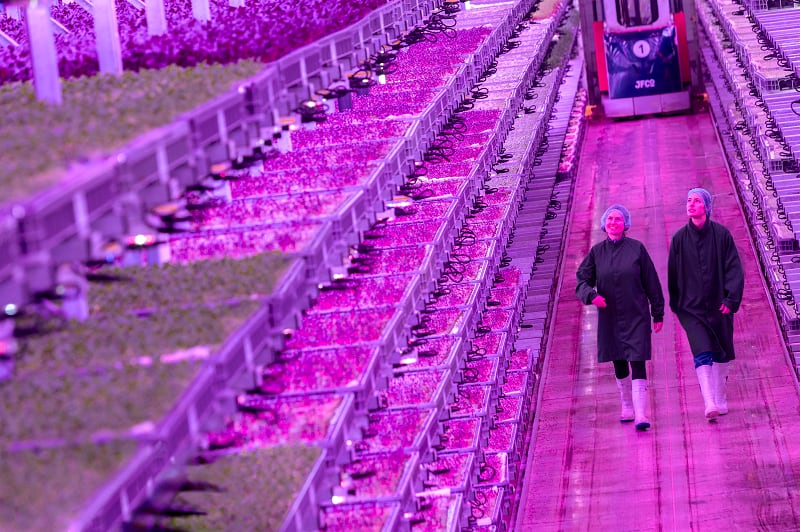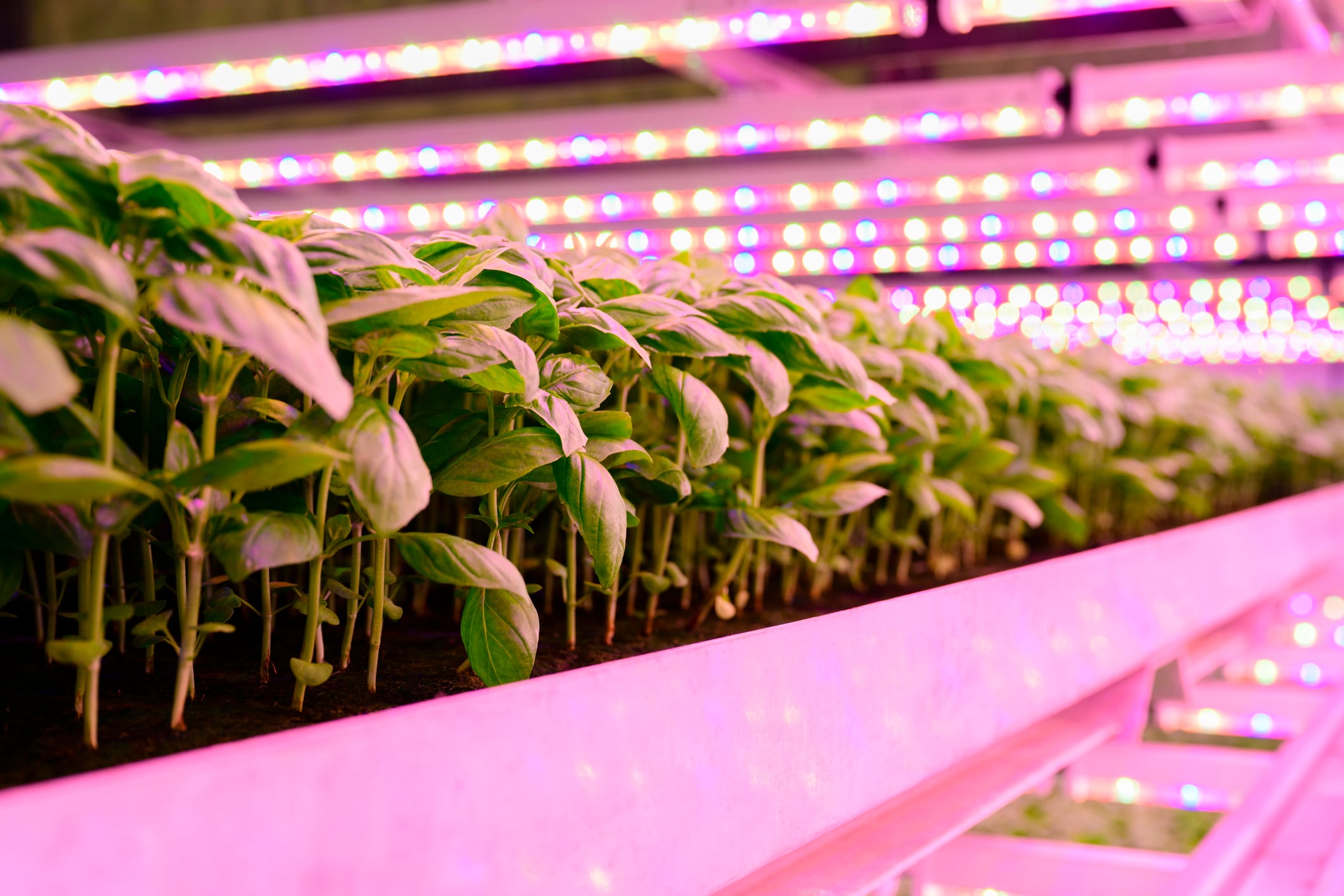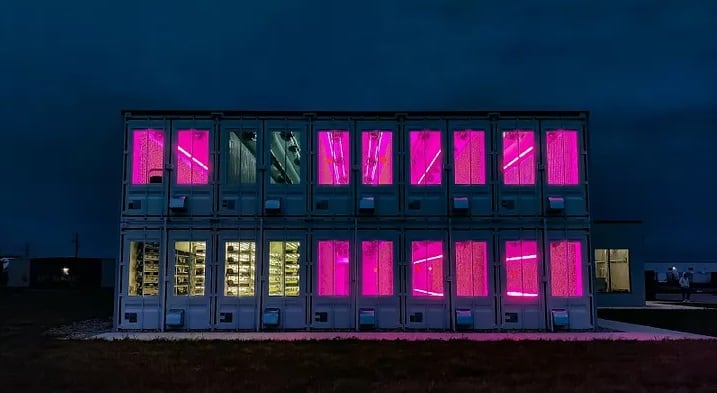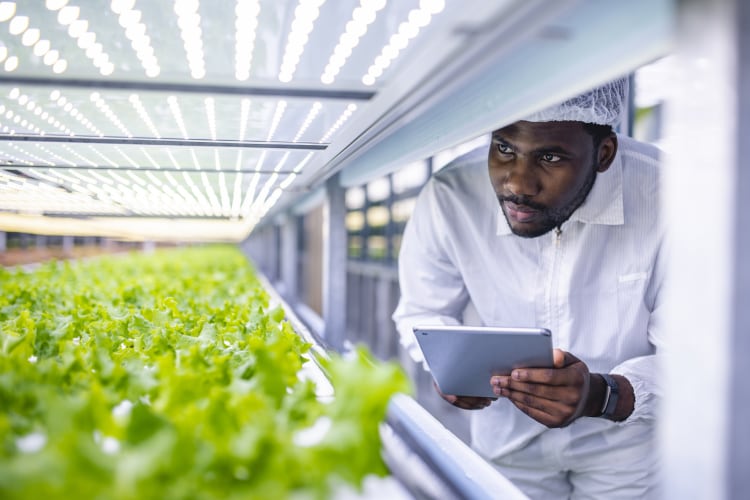According to a notice published in the Gazette (the official journal of record for the UK government), administrators have been appointed to manage the process. The company closed its doors on April 7, resulting in the redundancy of 61 staff members.
JFC has primarily been backed by online grocer Ocado Group, which became its major shareholder by acquiring a 58% stake in 2019 and later increasing its ownership to around 70%.
Ocado has invested significant funds into JFC, including £17 million in 2019 and additional financial support in subsequent years.
Other shareholders contributed to a £25 million funding round in April 2021 to support the construction of its second facility, called JFC2, and cover operating losses until profitability.
The company opened its first facility, JFC1, in Lincolnshire in 2018 and a dedicated innovation centre in Bristol in 2022.
Opened in 2024, JFC2 is the company’s largest site with a growing space of 14,448 square meters (148,000 square feet), making it one of the world’s largest vertical farms.
It grows a variety of crops including herbs and leafy greens, using renewable energy and advanced farming technology.
JFC has, however, struggled to achieve commercial sustainability, reflecting broader financial difficulties faced by vertical farming companies globally, such as Plenty and Bowery, which have also ceased production recently.
High costs and low-cost produce
The industry is heavily reliant on advanced technology, renewable energy, and controlled environments, leading to substantial upfront and operational expenses. Rising energy costs in the UK and economic pressures may have also contributed to JFC’s financial troubles.
Administrators managing JFC believe there is an opportunity for a buyer to build on its investments and proprietary technology, suggesting that vertical farming still holds promise if managed effectively.
Ocado has said that it won’t grow its stake in the business but hopes other investors would see the potential in JFC.
But given the high operational costs and low price of the food produced there is much doubt whether any new backers will be interested.





